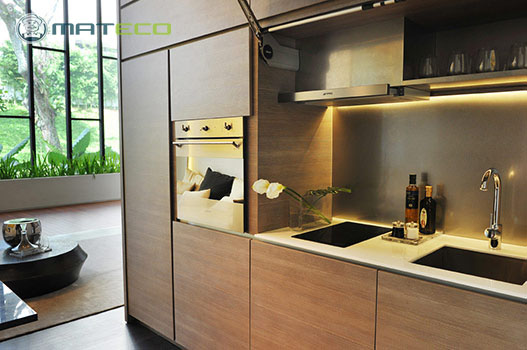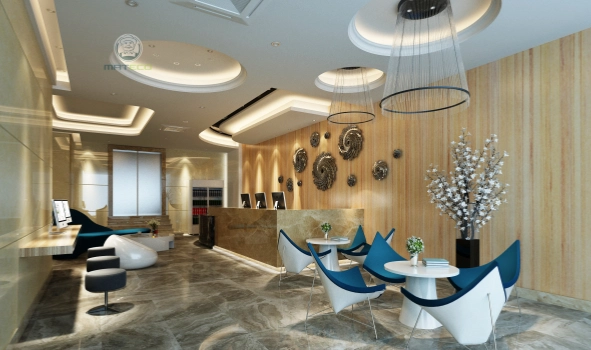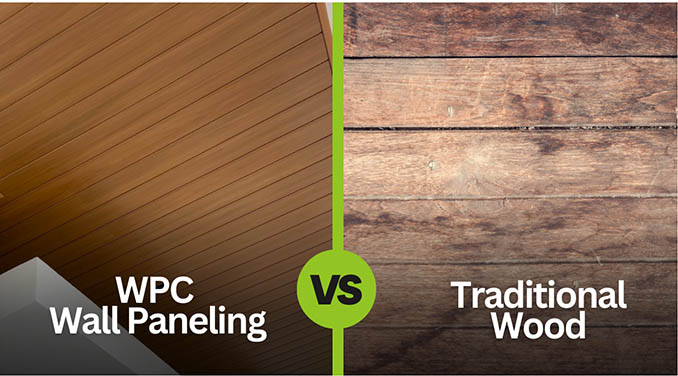SPC vs. WPC Wall Panels: A Comprehensive Comparison for Your Wall Applications
SPC (Stone Plastic Composite) and WPC (Wood Plastic Composite) wall panels are two different types of composite materials used for wall applications. Here are the key differences between SPC and WPC wall panels:
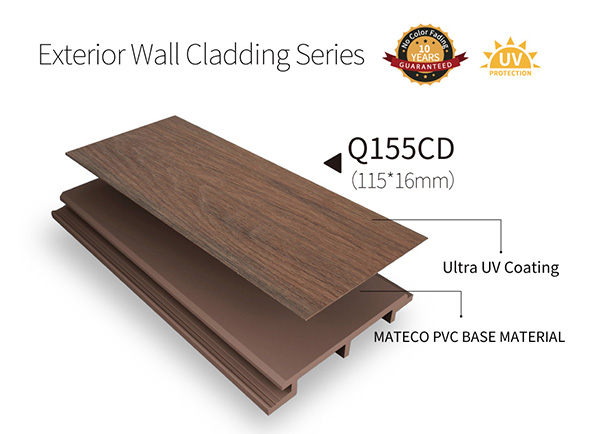
SPC Wall Panels: SPC wall panels are composed of a stone-plastic composite core. They typically consist of a blend of natural limestone powder, polyvinyl chloride (PVC), and stabilizers. This composition provides strength and rigidity to the panels.
WPC Wall Panels: WPC wall panels, on the other hand, have a wood-plastic composite core. They are made by combining wood flour or fibers with a thermoplastic material, such as PVC. The wood component in WPC wall panels gives them a more natural and aesthetic appearance.
Water Resistance:
SPC Wall Panels: SPC wall panels are highly water-resistant and can withstand moisture and humidity effectively. They are suitable for installation in areas prone to moisture, such as bathrooms and kitchens.
WPC Wall Panels: WPC wall panels offer good water resistance but are not entirely waterproof. While they can handle occasional exposure to water, they may be more susceptible to damage if subjected to prolonged or excessive moisture . However, MATECO's 2nd-Gen Co-Extrusion Tech has solved the waterproof problem of WPC wall panels. Using high-temperature technology, wood powder and PVC are fused together, and then co-extruded, which can retain the wooden feeling of the product and strengthen the Various data indicators of the product.
Thermal insulation:
SPC Wall Panels: SPC panels have limited inherent thermal insulation properties. They are not specifically designed for thermal insulation and may have minimal impact on improving a wall's thermal performance. Additional insulation materials or techniques may be required for better thermal insulation.
WPC Wall Panels: WPC panels can provide slightly better thermal insulation compared to SPC panels due to the insulating properties of wood. However, the thermal insulation benefits of WPC panels may still be modest, and again, additional insulation measures may be needed to enhance thermal performance.
Stability and Flexibility:
SPC Wall Panels: Due to their stone-plastic composite core, SPC wall panels are rigid and stable. They do not flex or deform easily and are less prone to expansion or contraction with temperature changes.
WPC Wall Panels: WPC wall panels are comparatively less rigid and more flexible than SPC panels. They can adapt to slight irregularities in the wall surface, providing a more forgiving installation process.
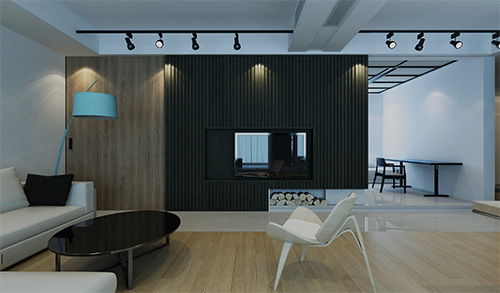
Appearance:
SPC Wall Panels: SPC wall panels often have a more modern and minimalist appearance. They are available in a variety of colors, patterns, and finishes, but they typically have a sleek and uniform design.
WPC Wall Panels: WPC wall panels have a more natural and textured appearance, resembling traditional wood panels. They come in different wood grain patterns and can provide a warm and inviting ambiance.
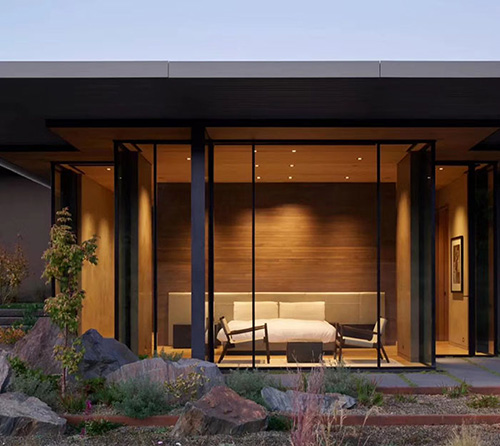
When choosing between SPC and WPC wall panels, it's important to consider the specific requirements and aesthetics of your project. SPC panels are ideal for high-moisture areas and where rigidity is desired, If you want to use WPC wall panel in a place with high humidity, please choose a manufacturer with co-extrusion technology.
If you are looking for a WPC manufacturer, MATECO will be your best choice.
Website: https://www.matecowpc.com
WhatsApp: +86-13380085620
Email: info@matecowpc.com





